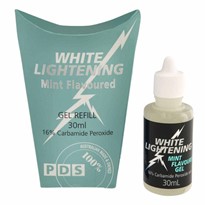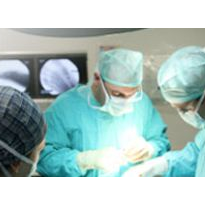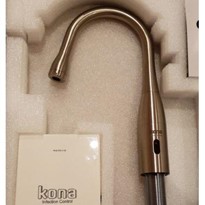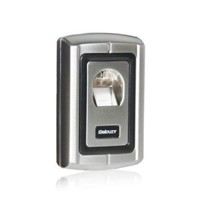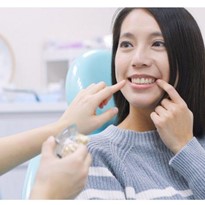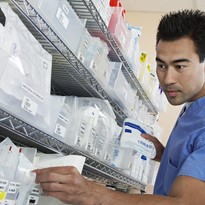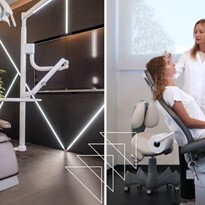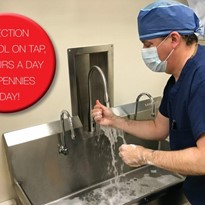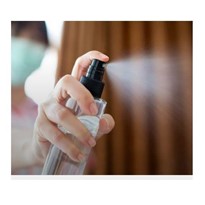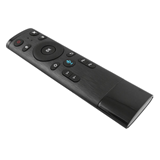As a specialised dental equipment supplier, William Green understands the importance of keeping your practice clean and compliant. In the wake of the COVID-19 pandemic, infection control is more important than ever, and patients are more aware of and concerned about the precautions taken by dental practices to ensure their safety.
In this blog, we will look at some of the most important aspects of infection control in dentistry, focusing on sterilisation, compliance, and keeping your equipment up to date.
The Importance Of Infection Control In Dentistry
Dental practices can be a breeding ground for bacteria and other pathogens, putting both patients and dentists at risk. Dental procedures often involve sharp instruments, blood, and saliva, which can transmit infections such as hepatitis B and C, HIV, and even COVID-19. Dental equipment and surfaces can harbour infectious agents, making it critical to clean and disinfect all equipment and surfaces on a regular basis.
Maintaining infection control in dentistry prevents the spread of infectious agents and protects both patients' and dental professionals' health and safety. It also contributes to the development of trust and confidence in the dental practice, which is necessary for maintaining a good reputation and retaining patients.
Keeping Your Practice Safe And Compliant
Clear Processes
Create a written plan outlining the procedures and protocols that your practice will use to ensure infection control standards are met. Hand hygiene, personal protective equipment (PPE), cleaning and disinfection, sterilisation, and waste disposal should all be covered.
Personal Protective Equipment
The use of appropriate PPE, such as gloves, masks, and eye protection, can prevent the spread of infection. PPE should be used for all procedures and properly disposed of after use.
Clean And Disinfect
All equipment and surfaces in the practice should be cleaned and disinfected on a regular basis. Dental chairs, instruments, countertops, and other high-touch surfaces fall into this category.
Sterilise Instruments
Before use, all instruments that come into contact with a patient's blood or saliva must be sterilised. An autoclaveor other approved method of sterilisation should be used.
Infection Control Guidelines
To ensure that their practices are compliant, Australian dental professionals should stay up to date on the latest infection control guidelines and regulations.
Infection control in dentistry is vital and should be a top priority for any and all practices. William Green provides autoclave validation and calibration services for all makes and models of machines, ensuring compliance with Australian Standards for infection control.
Contact us today to learn more.



-160x160-state_article-rel-cat.jpg)
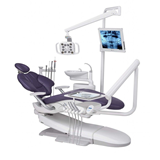
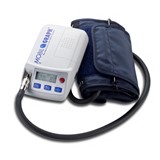

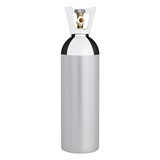

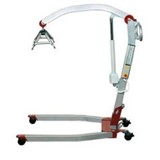
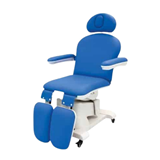

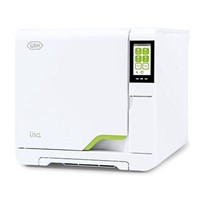


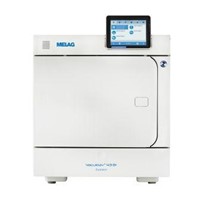

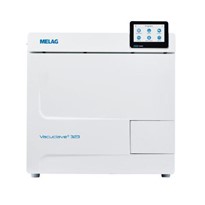


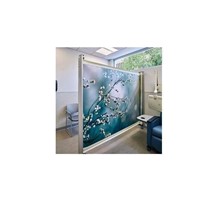
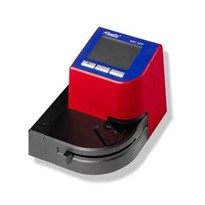
-205x205.jpg)

